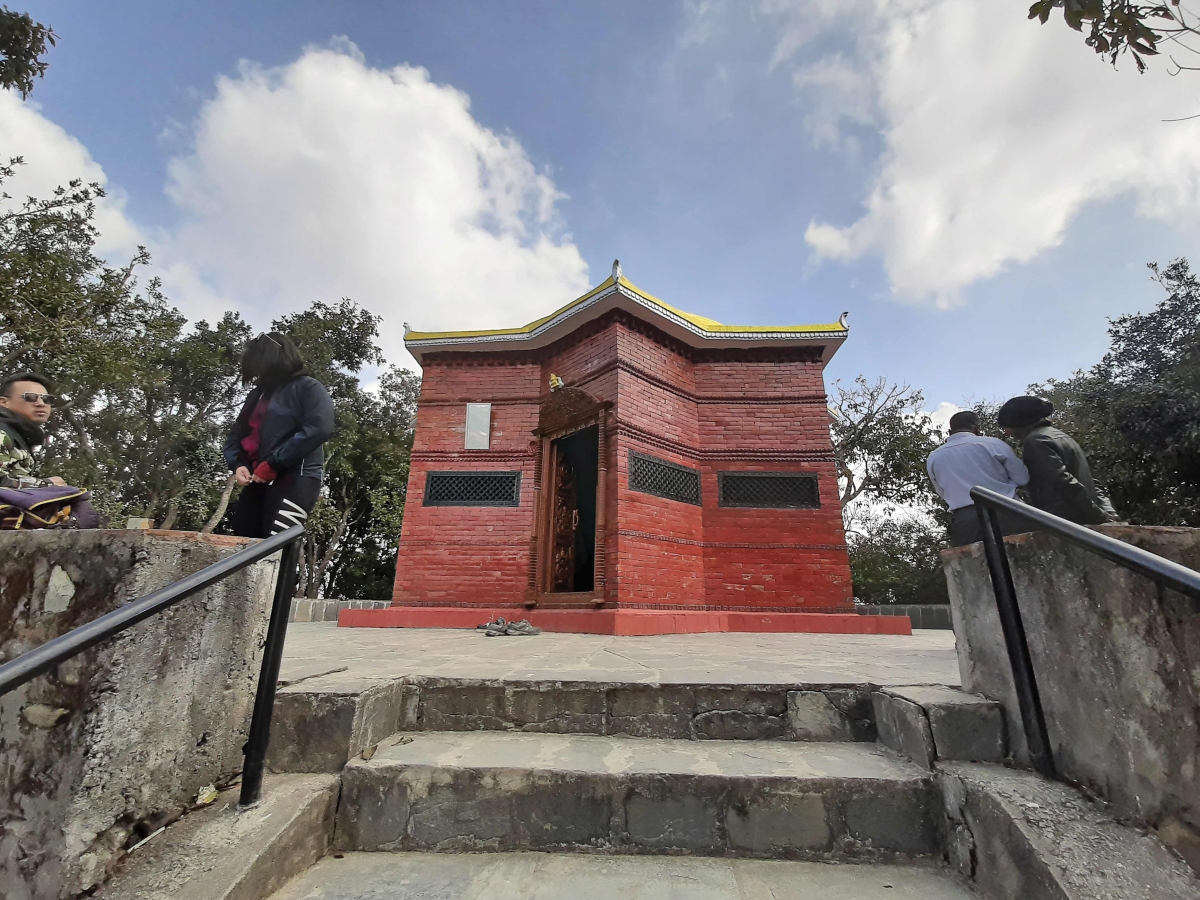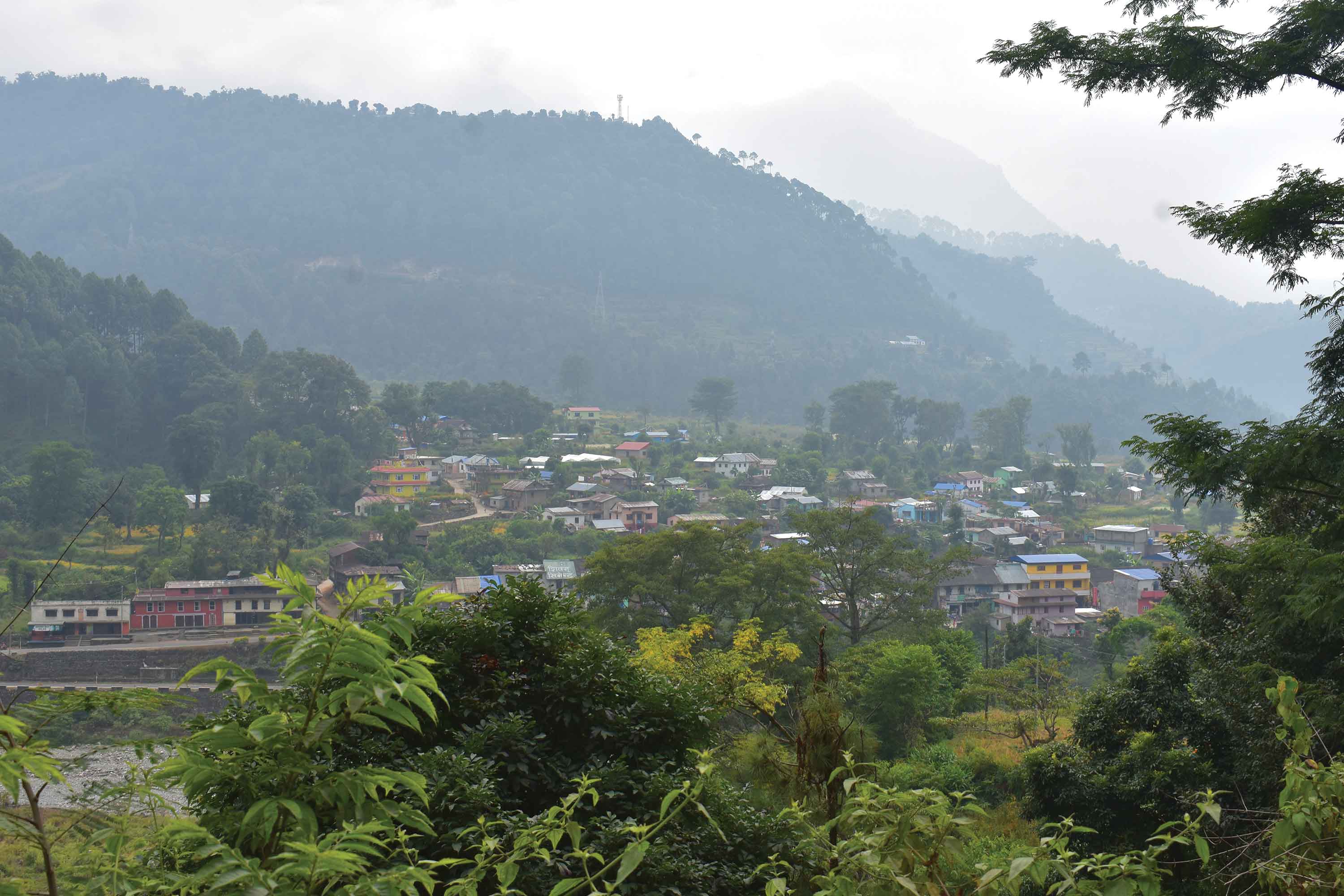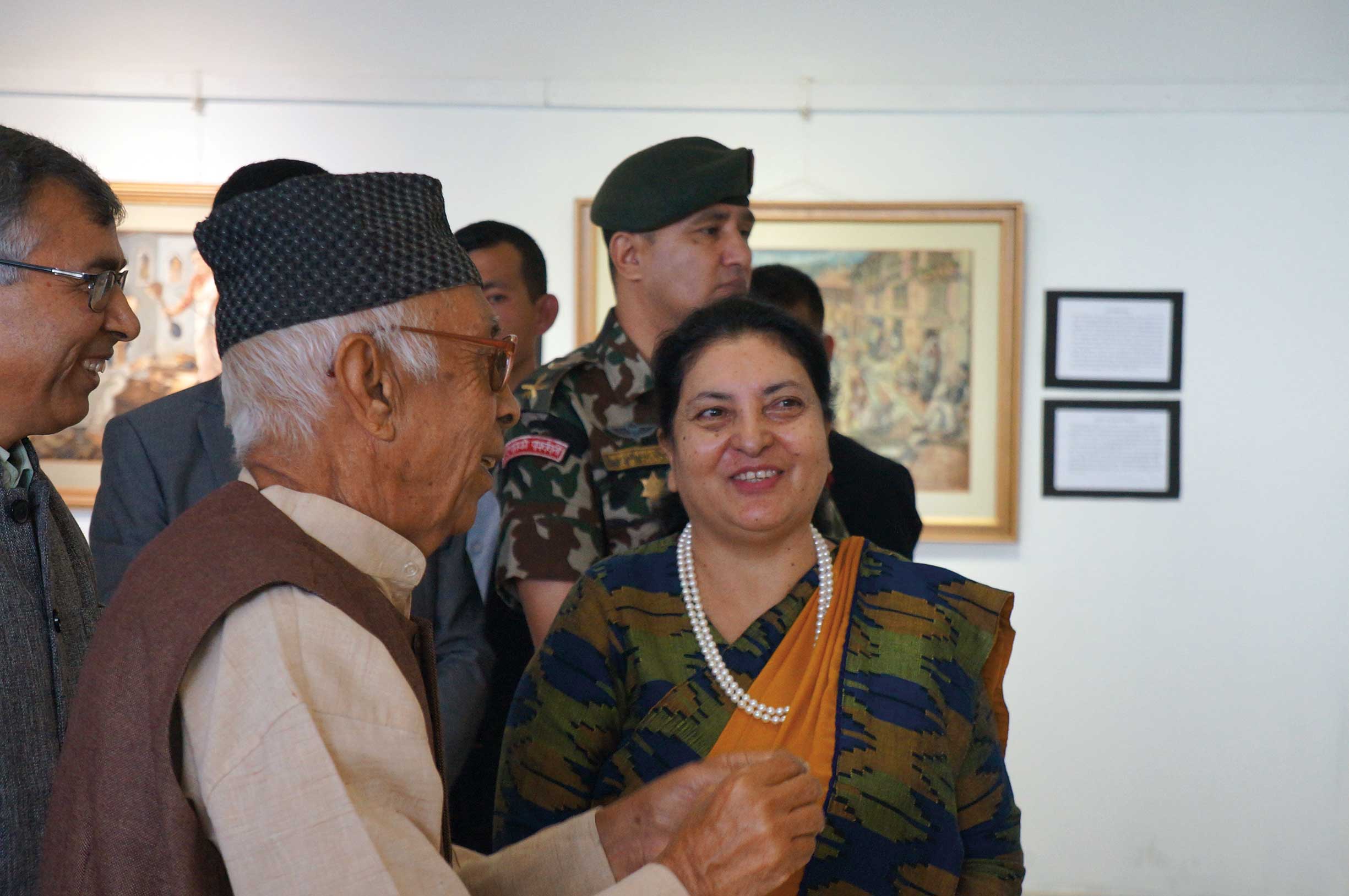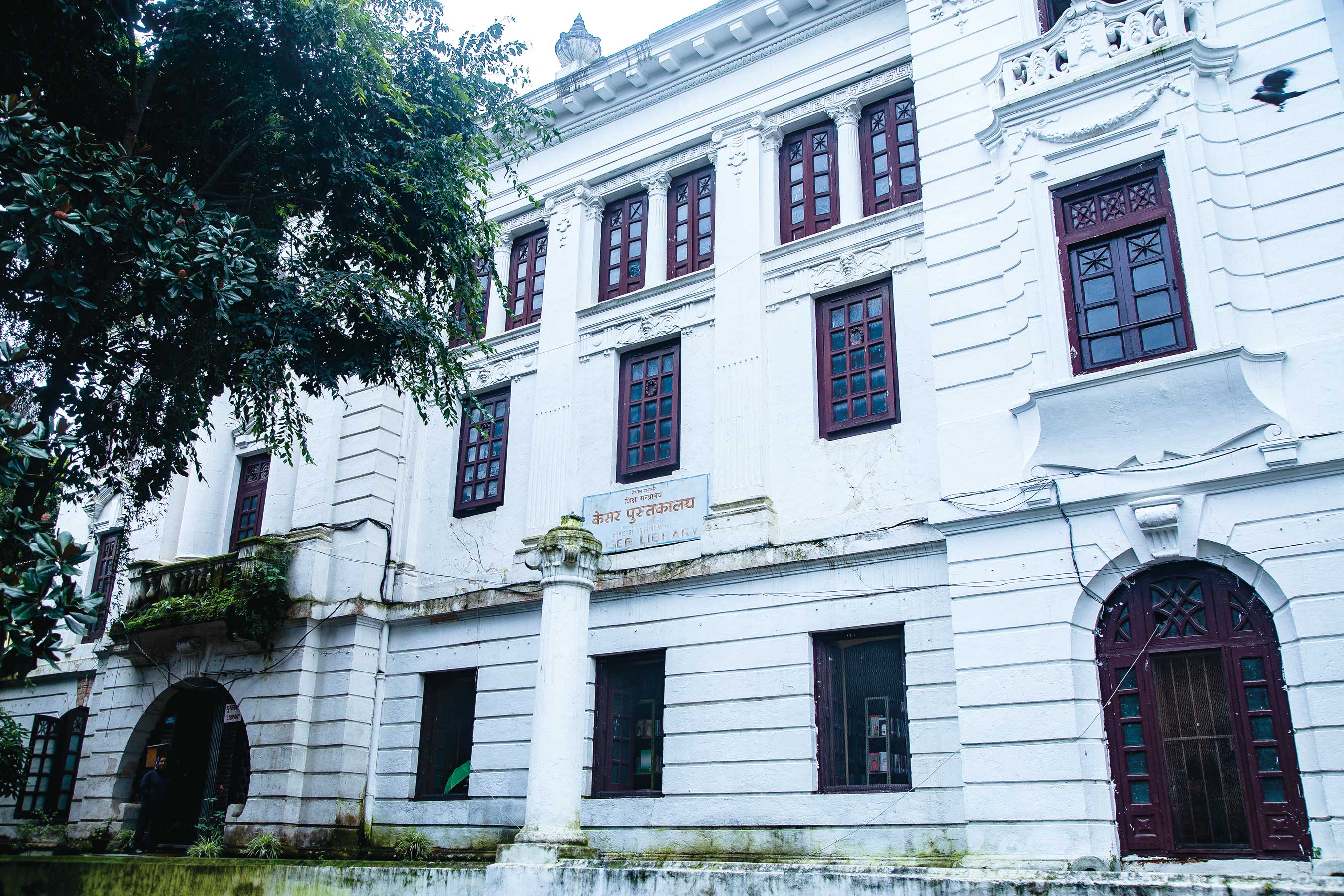What happens when six wordsmiths and seven photographers work in pairs, traveling around the nation, working relentlessly in search of stories on Hajuramas (Grandmothers)? You get a gem of a book that will get you hooked instantly with the different colorful stories; some with boisterous humor (at times quite uncanny) and others with a lot of heart, and yet others which might make you squirm in your seat due to their brutal honesty. After six months of traveling and working extra-hard to find the perfect story and finally etching them down on their computers (or paper?), photo.circle has finally brought out this fabulous and extremely interesting book.
Narrating tall tales maybe what grandmothers are best at, but here it’s not tales but the stories of the grandmothers’ own personal struggles throughout their lives. Each team of writer and photographer visited different places, ranging from Kathmandu to Rolpa, and candidly interviewed the oldsters, putting them at ease and letting them tell their stories freely. Most seemed to be willing to share their stories, but there were moments of hesitancy at times. As in ‘The non-biography of Iljyotiya Devi’, Diwas KC’s story on an illiterate Maithali woman, Iljyotiya Devi bluntly says, “I am illiterate, ignorant. My whole family is ignorant. That is my story.” But a modicum of difficulty was to be expected as dark stories were to surface too. Anyhow, what the writers and photographers have done is very brave and highly commendable as it is no easy feat to get anybody’s personal story on paper. Scintillating photography by masters such as Prateek Bhandari (whose photograph graces the book sleeve) and Sushan Prajapati (who so fluidly tracks down stories through his camera: check out ‘Becoming Mugali’) tell stories all by themselves in the most breathtaking manner.
The highlights of the book come in Rabi Thapa’s two extremely diligently written stories, the humorous ‘Being Mugali’ and the gutsy ‘Becoming Mugali’. In the former, a ‘brash, gravel-voiced boy of about 10’ says, “Gold, silver, diamonds, pearls and saris, that’s what grandma likes.” In another incident, on needing to go to town for eye-glasses, she says, “I was seeing double, I’d chase one cow thinking it was two.” Prawin Adhikari’s ‘Nepali Musalman’ tells the story of Nusrat Banu, a Kashmiri Muslim who describes herself simply as a ‘Nepali Muslim’ and who “switches fluidly between Newari and Urdu”. This interesting story encapsulates the problems of religious turmoil, societal fitting-in problems and a three-generation family history. Abha Eli Phoboo’s ‘This is my song’ is a lyrical tear-jerker. She writes about a woman who was extremely ill-treated almost throughout her youth and who still dwells in poverty. “This is my song that you are writing. Life hasn’t been easy and when you are born with a fate like mine, even the planets seem to conspire against you.”
These women have lived a lifetime of sorrows and regret, of poverty and shame, of both fulfilled and shattered dreams and aspirations; and most of all, a lengthy life with equally lengthy stories. ‘Hamra Hajurama’ is a collection of their stories, but it is more of what we need to learn about them.
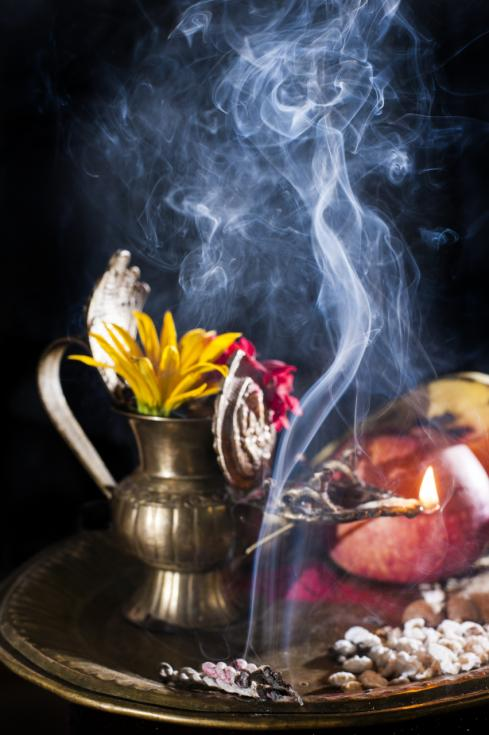
Healing Aromas - A Photo Story
“My mother, Maha Laxmi Shrestha makes about 100 packets of incense per day. I help her on dayswhen we have...


